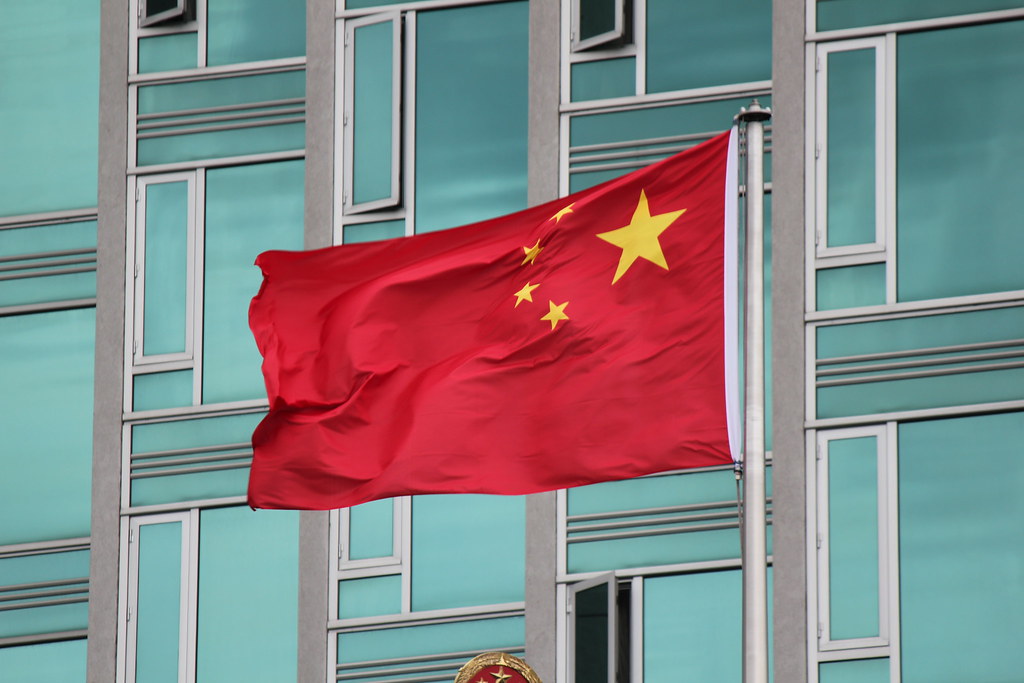
China’s top legal authorities have taken a major step in the regulation of digital currencies by updating the country’s Anti-Money Laundering (AML) laws to formally recognize “virtual asset” transactions. This marks the first substantial revision to the AML law since its adoption on January 1, 2007. The new interpretation was announced during an August 19 conference held by the Supreme People’s Court and the Supreme People’s Procuratorate.
Under this new interpretation, “virtual asset” transactions are now explicitly listed as recognized methods of money laundering. This change comes at a time when there is growing speculation about China potentially easing its stance on cryptocurrencies, although many remain skeptical about such a move.
The revised law expands the scope of AML regulations to cover the transfer and conversion of criminal proceeds through digital transactions. Specifically, the regulations now prohibit “covering up and concealing the source and nature of criminal proceeds and their benefits by other means,” which includes virtual assets.
Penalties for Violations
The legal update introduces significant penalties for those found guilty of using virtual assets for money laundering. Offenders could face fines ranging from a minimum of 10,000 Chinese yuan (approximately $1,400) to 200,000 yuan (around $28,000) for more serious offenses. In addition to financial penalties, violators may also be subject to jail terms ranging from five to ten years, depending on the severity of their crimes.
The revised AML law also provides clearer guidelines on what constitutes “serious circumstances” in money laundering cases. For instance, refusing to cooperate with authorities or laundering amounts exceeding 5 million yuan (about $700,000) could result in harsher penalties.
According to the Supreme People’s Procuratorate, the crackdown on money laundering has intensified significantly in recent years. In 2023, 2,971 individuals were prosecuted for money laundering in China—a staggering 20-fold increase from 2019.
Industry Buzz and Skepticism
The revision of China’s AML laws coincides with growing speculation within the industry that the country might be reconsidering its ban on cryptocurrency. This speculation was fueled by a now-deleted July 14 social media post from Galaxy Digital CEO Mike Novogratz, who claimed he had heard reports suggesting that China might “likely unban” Bitcoin by the end of 2024.
Adding to the rumors, Justin Sun, founder of Tron and crypto exchange HTX, made a playful comment on August 19, asking followers on social media what the best meme would be to celebrate China’s potential unbanning of crypto.

However, several industry experts have expressed doubt over these rumors. In July, Yifan He, CEO of Red Date Technology—a major Chinese blockchain firm—stated that he doesn’t believe China would ever permit its citizens to freely trade Bitcoin using local fiat currency. Similarly, Mikko Ohtamaa, co-founder of the algorithmic investment protocol Trading Strategy, argued that a reversal on the crypto ban would directly conflict with the Chinese government’s current political agenda.
China’s hard stance on cryptocurrencies is not new. The country first implemented a ban on crypto exchanges in 2017 and followed it up with an interdepartmental crackdown on cryptocurrency activities in 2021. These actions were part of a broader effort by the Chinese government to maintain control over financial transactions and curb the risks associated with digital assets.
Qingdao Police Uncover $1.1 Million Laundering Operation
In a related development, Chinese authorities continue to clamp down on illicit activities involving cryptocurrencies. According to a recent media report, Qingdao police are currently prosecuting a case involving a criminal network that used the stablecoin Tether (USDT) to launder over 8 million yuan (approximately $1.1 million).
The investigation revealed that three primary suspects had recruited friends to use their business licenses and identification documents to open public accounts. These accounts were then used to receive money from criminals seeking to launder their illegally obtained funds. The laundered money was converted into USDT and transferred back to the criminals, with the laundering syndicate earning a commission for their services. Nine individuals are now facing criminal charges and are awaiting prosecution.
China’s recent revisions to its Anti-Money Laundering laws represent a significant development in the country’s approach to regulating digital assets. By formally recognizing virtual assets as a potential vehicle for money laundering, China is tightening its legal framework to address the evolving risks associated with digital currencies. While there is speculation about a potential reversal of the crypto ban, many experts remain doubtful. Meanwhile, the ongoing crackdown on money laundering activities highlights China’s commitment to enforcing its financial regulations rigorously.
Featured image credit: Tomas Roggero via Flickr
Follow us for more breaking news on DMR
